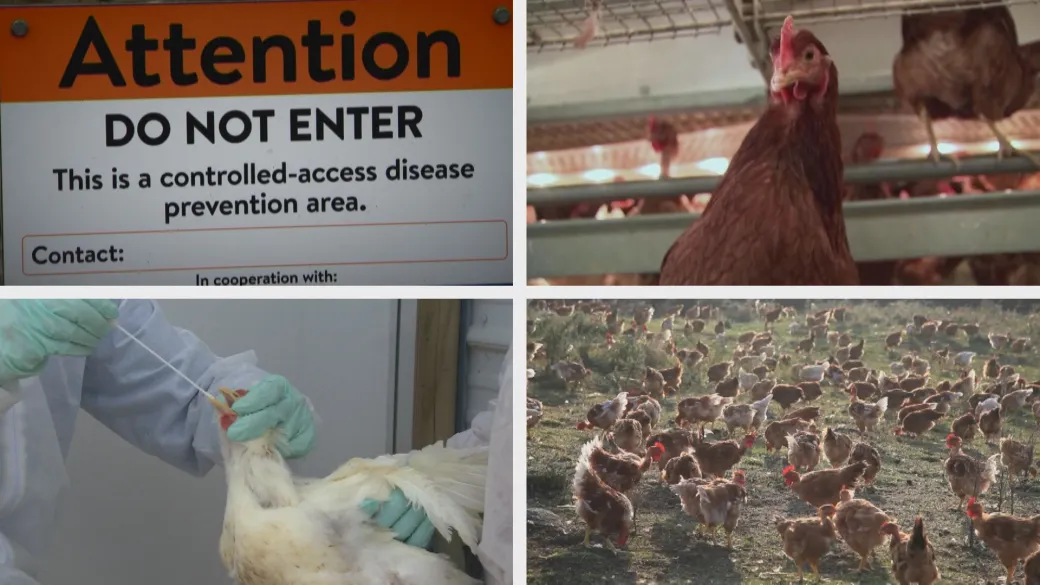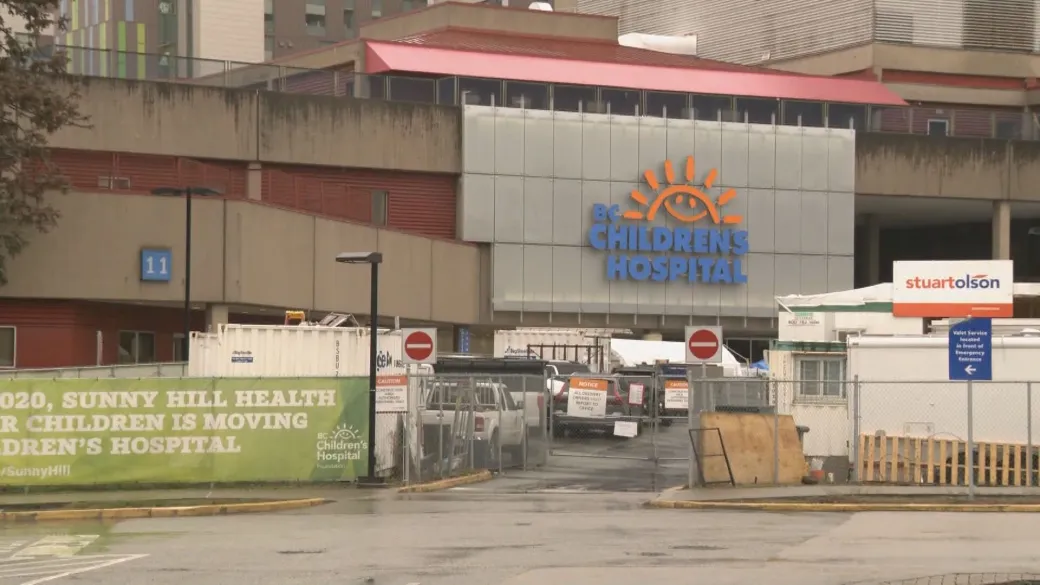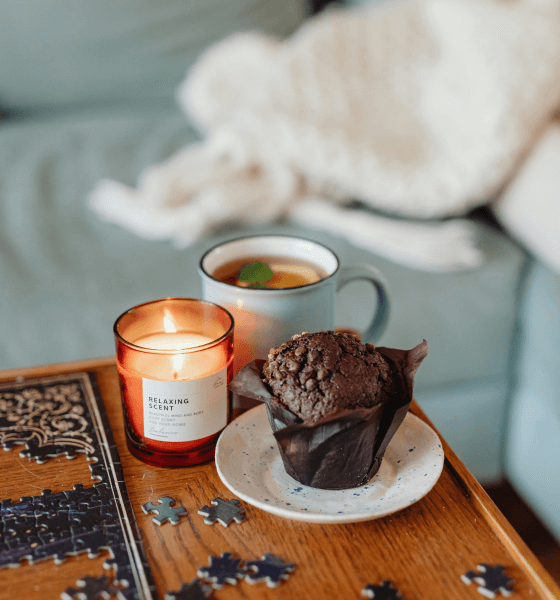

A pet food company in Oregon sent out a voluntary recall after a house cat died from eating its products, which tested positive for bird flu, and the company says the same contaminated batch was sold in British Columbia.

Northwest Naturals in Portland, Oregon, says in a statement that it is recalling one batch of its two-pound Feline Turkey Recipe raw frozen pet food after it tested positive for highly pathogenic avian influenza virus.
The company says the same product was sold in several states including California, Colorado, Washington and B.C. in Canada.
The Oregon Department of Agriculture says in a warning issued on Thursday that tests confirm that a house cat in Washington County was infected with H5N1 and died after consuming the raw frozen pet food sold by Northwest Naturals.

The test results have triggered a nationwide voluntary recall with the company alerting consumers to check their products.
The recall applies to products packaged in two-pound plastic bags with “Best if used by” dates between May 21, 2026, and June 23, 2026.
Northwest Naturals says customers who have purchased the recalled product should immediately throw away the product.
Dr. Ryan Scholz, a state veterinarian with the Oregon Department of Agriculture, says in a statement that they are confident that this cat contracted bird flu by eating Northwest Naturals raw and frozen pet food, especially since this cat was “strictly an indoor cat,” which could not be exposed to the virus in its living environment.
The Oregon Department of Agriculture says to date, no human cases of bird flu have been linked to the incident.
It also says this case reminds pet owners that feeding raw meat to pets can lead to severe illness and these harmful pathogens, including H5N1, can be destroyed when meat is thoroughly cooked.
Health Canada hasn’t officially recalled the products and it has not yet responded to media requests.

Shawn Hall with the BC Poultry Association says the province has seen 74 infected poultry farms this year.
“The last half of December, we’ve started seeing cases decline,” he said.
“We haven’t had a case since Monday. So, it’s too early to say that the outbreak is over this year. But we’re cautiously optimistic that we’re moving in the right direction.”
He says since a rise in avian flu cases in Washington state in October, the province has maintained its highest biosecurity levels, limiting who is visiting poultry farms, wearing proper protective gear, and ensuring vehicles and machines are thoroughly cleaned.
He says rapid testing has allowed farms to quickly detect an outbreak and stop it from spreading.
Hall says despite the pet food recall, food safety is not an issue in the province.
“Commercial poultry farms in B.C. are under strict biosecurity measures with very high levels of monitoring for sick animals and known sick animals just don’t enter the food system, whether that’s for humans or for pets from commercial farms,” he said.
He encourages Canadians to continue good cleaning and cooking processes when handling poultry, including thoroughly cooking the meat and sanitizing kitchen spaces.


